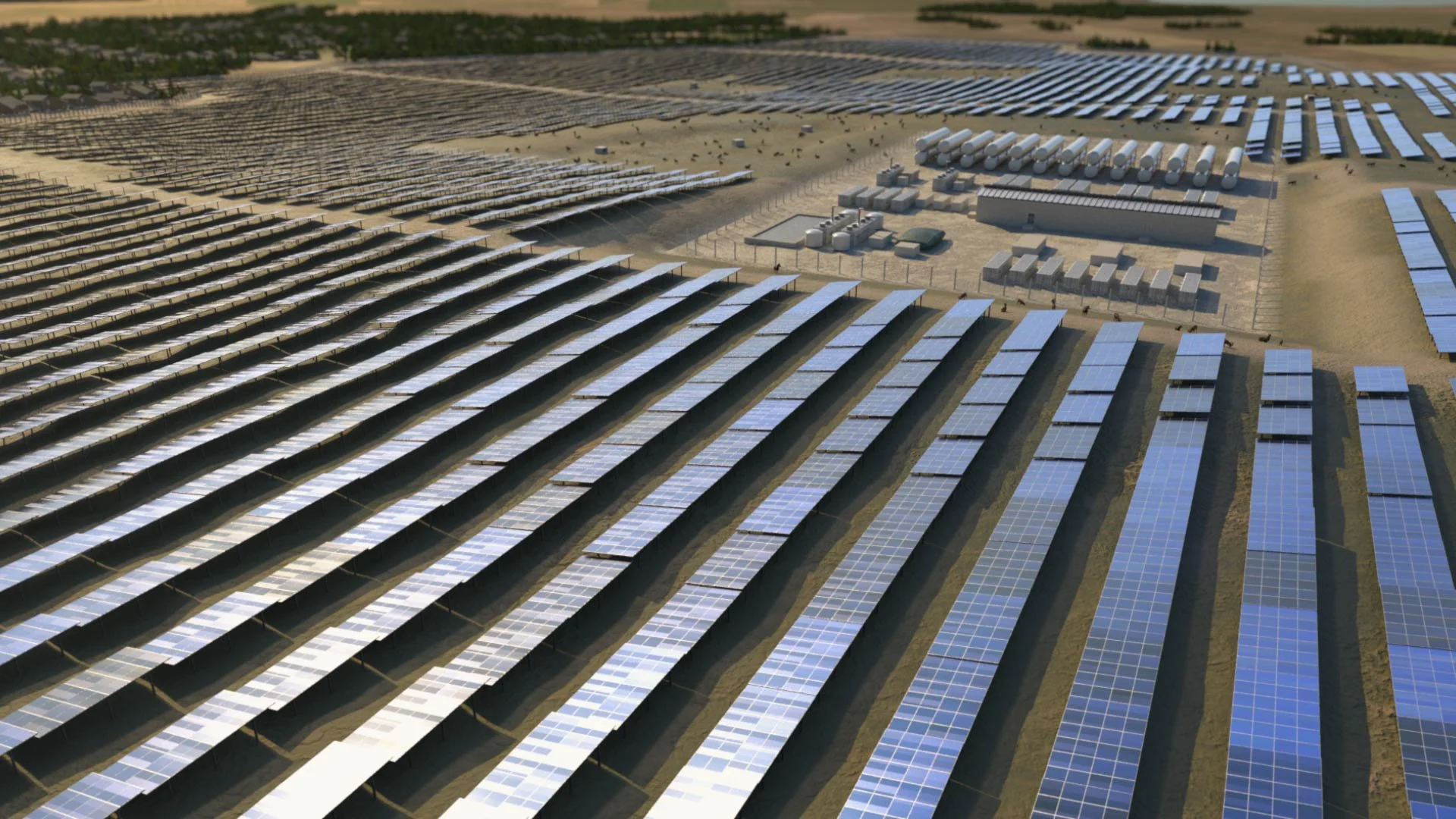Barbados is to host the largest clean hybrid power plant in the Caribbean, producing baseload power for 16,000 Barbadians from solar and locally produced green hydrogen
Rubis has acquired 51% of the largest hydrogen power project in the Caribbean Renewstable® Barbados (“RSB”) developed by HDF Energy. This transaction follows the strategic agreement signed between the two energy companies in June 2021. HDF Energy is also in active discussions with the Barbados Sustainable Energy Co-operative Society to offer 30% of the project prior to construction.
The largest clean hybrid power plant in the Caribbean, committed to local development
RSB is a large grid-friendly energy power plant project that will supply clean, resilient, stable and competitive baseload electricity 24/7 to 16,000 residents. Located in St Philip, RSB will aid the island state in achieving its 100% renewable energy mandate by 2030 without the intermittency concerns that typically limit the deployment of solar and wind power on island grids. Using only the sun as a primary source of electricity (50MW solar), RSB combines 128MWh of green hydrogen and battery storage to deliver a continuous output of power, day and night.
Totally carbon-free, RSB has been designed to effectively replace certain aging, costly and polluting assets that currently burn Heavy Fuel Oil or Jet Fuel, with a similar level of reliability. Not impacted by any commodity market, RSB also eliminates the exposure to fuel price volatility throughout its 25-year operating life.
RSB is committed to promoting the dual use of solar energy and agriculture on the site. A large-scale sheep farming facility (1830 head) will be accommodated, with both direct sheep grazing and grass harvesting within the solar power plant and surrounding green areas. Sheep husbandry will be developed on the facilities in order to maintain dual use of the land, producing valuable lamb meat and skins locally, and generating direct and indirect local jobs while simultaneously saving and creating vital foreign exchange.
During its 2-year construction period RSB will create around 200 jobs, and support around 25 permanent local jobs during its operation. Both HDF Energy and Rubis have their regional head offices in Barbados and currently employ over 1,500 professionals across the entire region.
RSB paves the way for the duplication of Renewstable® power plants at a global scale
The USD100+ million RSB project is a duplication of CEOG (en.ceog.fr), the first Renewstable® project in construction developed by HDF Energy located in French Guiana. It is being built by Siemens Energy and financed through a state-of-the-art project finance scheme. Rubis is also an equity investor of CEOG through SARA (the refinery of Martinique), alongside HDF Energy and the infrastructure fund Meridiam. Lenders include world leading private and institutional banks.
With already 11 similar projects underway and a presence in key geographies, HDF intends to significantly increase the number of its Renewstable® projects and become a global leader in hydrogen power.
Damien Havard, CEO of HDF Energy said: “We are extremely delighted to have Rubis joining RSB, the second Renewstable® project after CEOG. Many similar projects are currently being developed by HDF Energy across the globe, using the same proven bankable business model and focusing on a valuable baseload power service for local grids. In addition to HDF Energy’s unique hydrogen power and local development expertise, we believe the solid presence of Rubis Caribbean in Barbados and its strong commitment to decarbonization makes it a robust development and financing partner. “
Clarisse Gobin-Swiecznik, Managing Director of Rubis: “This second investment in a green hydrogen power plant reinforces our growing collaboration with HDF Energy. We strongly believe in the Renewstable® technology already implemented with CEOG as a viable solution to provide energy at an affordable cost to populations with challenging energy supply logistics. This new project illustrates our will to develop new carbon-free sources of energy, especially in countries where Rubis is operating.”

